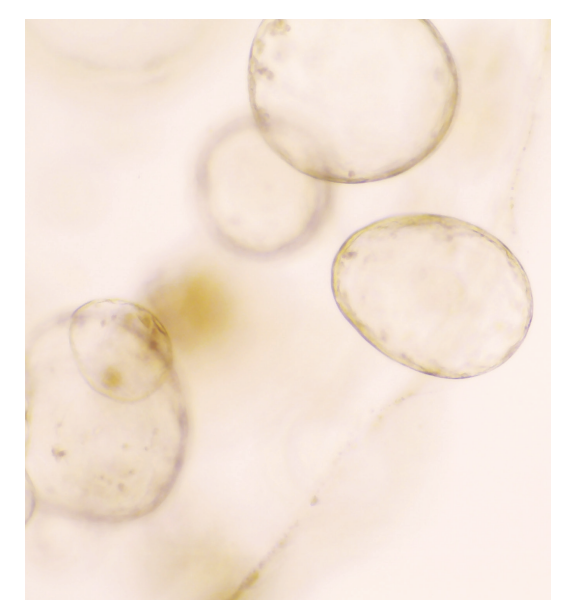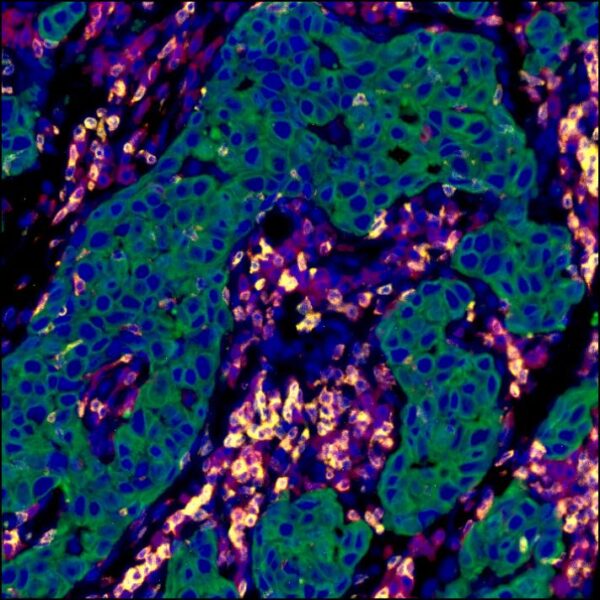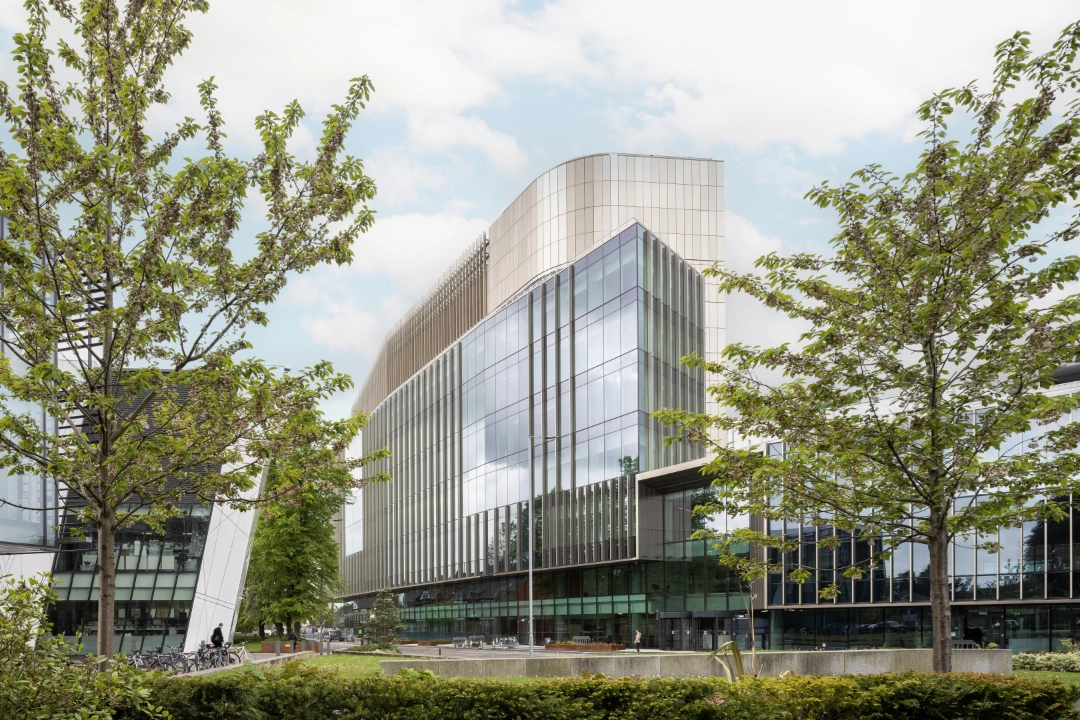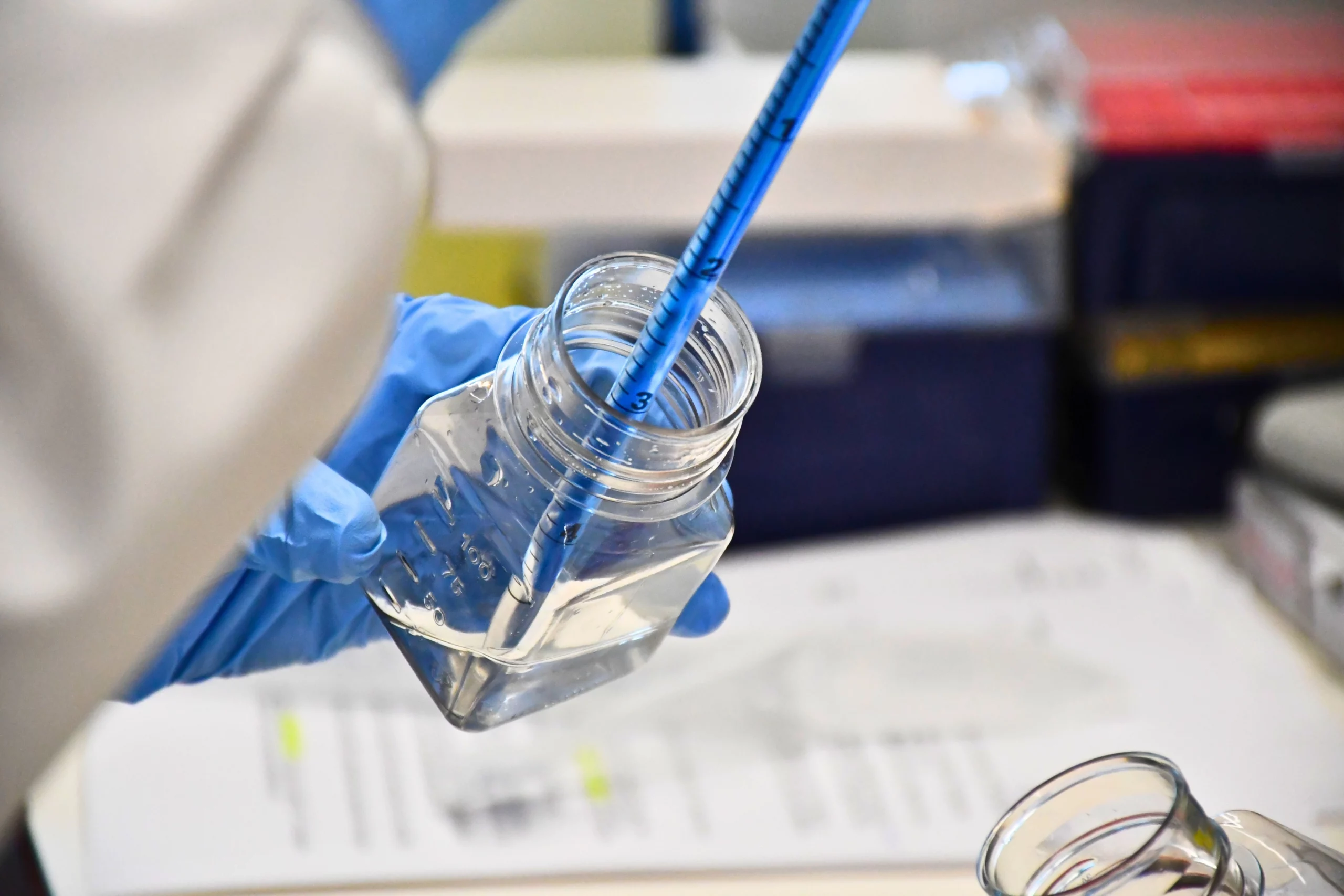Key Details
About the role
A postdoctoral position is available in the laboratory of Sylvain Delaunay to study how diet affects RNA modifications to drive development of metastasis.
To this end, xenotransplantation models and multimodal molecular profiling techniques will be used, combined with diverse bioinformatics approaches centred around RNA biology (i.e., CRISPR-screen, Ribo-seq, RNA-seq, Nanopore-seq). Besides biological material coming from primary cell lines and in vivo mouse models, we will also have access to patient samples to use as discovery and validation of our findings.
About you
You are adept at problem-solving, working proactively and meeting competing deadlines effectively. You should hold a PhD in Molecular Biology, Cell Biology, Pharmacy or a related discipline. A background in RNA biology and mRNA translation is desirable but not required. You should have an excellent academic track record for publications. You will have excellent organisational skills, strong attention to detail, and the ability to work collaboratively as part of a team.
A current or previous holder of a Personal Licence (PIL A & B) or equivalent under the Animals (Scientific Procedures) Act 1986, as well as experience in CRISPR-screen is preferrable.
Applications from candidates with exceptional bioinformatics skills who are eager to gain hands-on wet lab experience are also welcome.
How to apply
To apply for this position please complete the online application through our secure online portal, JobMarker, which you can access by clicking the Apply Now button.
Please ensure you detail the names of three referees and ensure you submit your application before 11:59pm on the closing date.
Closing date: 7 May 2025
Online Interviews will take place: 19-23 May 2025
For any informal enquiries about this post, please use this form to contact Sylvain Delaunay
Benefits
Find out how contributions to the Institute are recognised with a generous benefits package
Wellbeing
Our mission is to promote and enhance wellbeing through the development of a proactive and enabling culture.
Equality, Diversity and Inclusion
Read about our commitment to creating an environment where diversity is celebrated and everyone is treated fairly

Personal Development
To enable you to excel in your role and continue to develop, we offer a variety of training and support opportunities
Our Research
Our research spans the whole spectrum of cancer research from cell biology through to translational and clinical studies
Research Groups
Our research groups study many fundamental questions of cancer biology and treatment
Our Facilities
The Institute has outstanding core facilities that offer cutting edge instruments and tailored services from expert staff
Latest News & Updates
Find out all our latest news
Why choose Cancer Research UK Manchester Institute?
The Cancer Research UK Manchester Institute, an Institute of The University of Manchester, is a world-leading centre for excellence in cancer research. The Institute is core funded by Cancer Research UK (www.cancerresearchuk.org),
the largest independent cancer research organisation in the world.
We are partnered with The Christie NHS Foundation Trust, one of the largest cancer treatment centres in Europe, which is located adjacent to the CRUK MI Manchester Institute in South Manchester. These factors combine to provide an exceptional environment in which to pursue basic, translational and clinical research programmes.

Careers that have a lasting impact on cancer research and patient care
We are always on the lookout for talented and motivated people to join us. Whether your background is in biological or chemical sciences, mathematics or finance, computer science or logistics, use the links below to see roles across the Institute in our core facilities, operations teams, research groups, and studentships within our exceptional graduate programme.








